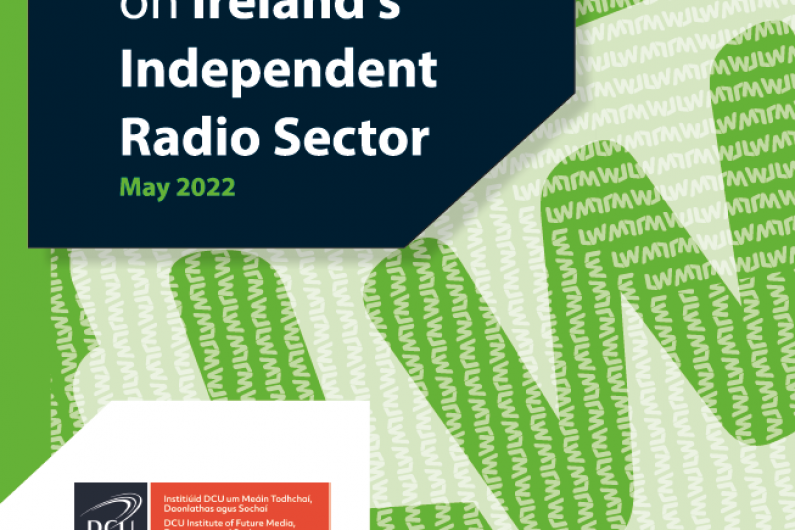A new report has found radio played a key role in fighting misinformation and supporting communities during the pandemic.
80 per cent of Irish adults tuned in, according to the study by Learning Waves and DCU.
The study says while listenership grew, the significant economic challenges faced by the sector can't be underestimated.
Teresa Hanratty, project manager of Learning Waves said: “The findings from the Learning Waves report highlighted the significant role radio played in people’s lives during the pandemic, radio was seen as a trusted and reliable source of information to national, regional and local audiences.
“While listenership grew across the sector, the significant economic challenges faced by the sector cannot be underestimated. In addition to this, the pandemic has impacted on the well-being of staff across the sector, particularly, frontline journalists.”
The report was commissioned to measure the impact the pandemic has had on the sector and what needs to happen next.
Dr Colm Kearns from DCU's Fujo Institute presented his findings in the report which revealed that almost 100% of stations surveyed said they made it their responsibility to combat the spread of misinformation and educate the public by sourcing credible and qualified contributors and challenging contrary views.
Sustained funding, clearer communication from policy-makers, and staff upskill support were among the key suggestions highlighted in the report. The report also revealed that ‘mental-health concerns’, job security and fighting the spread of disinformation were the leading challenges faced by radio staff.
Dr Kearns added, “Future financial supports in light of the impact of the pandemic must make due allowance of the diversity of what constitutes public service media, rather than labouring under a ‘one size fits all’ approach which makes little distinction between the resources and priorities of a local radio station and those of a nationwide broadcaster."





